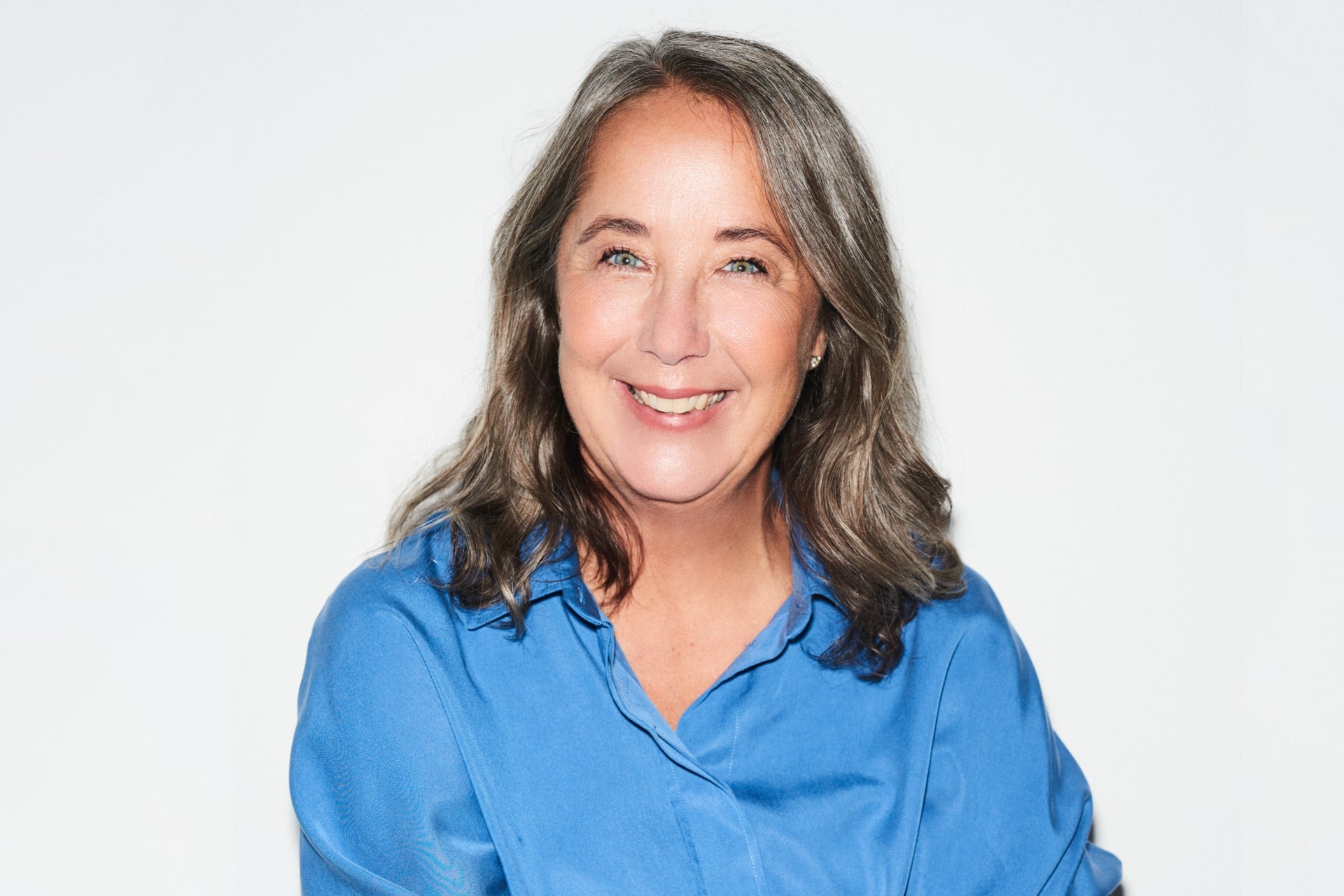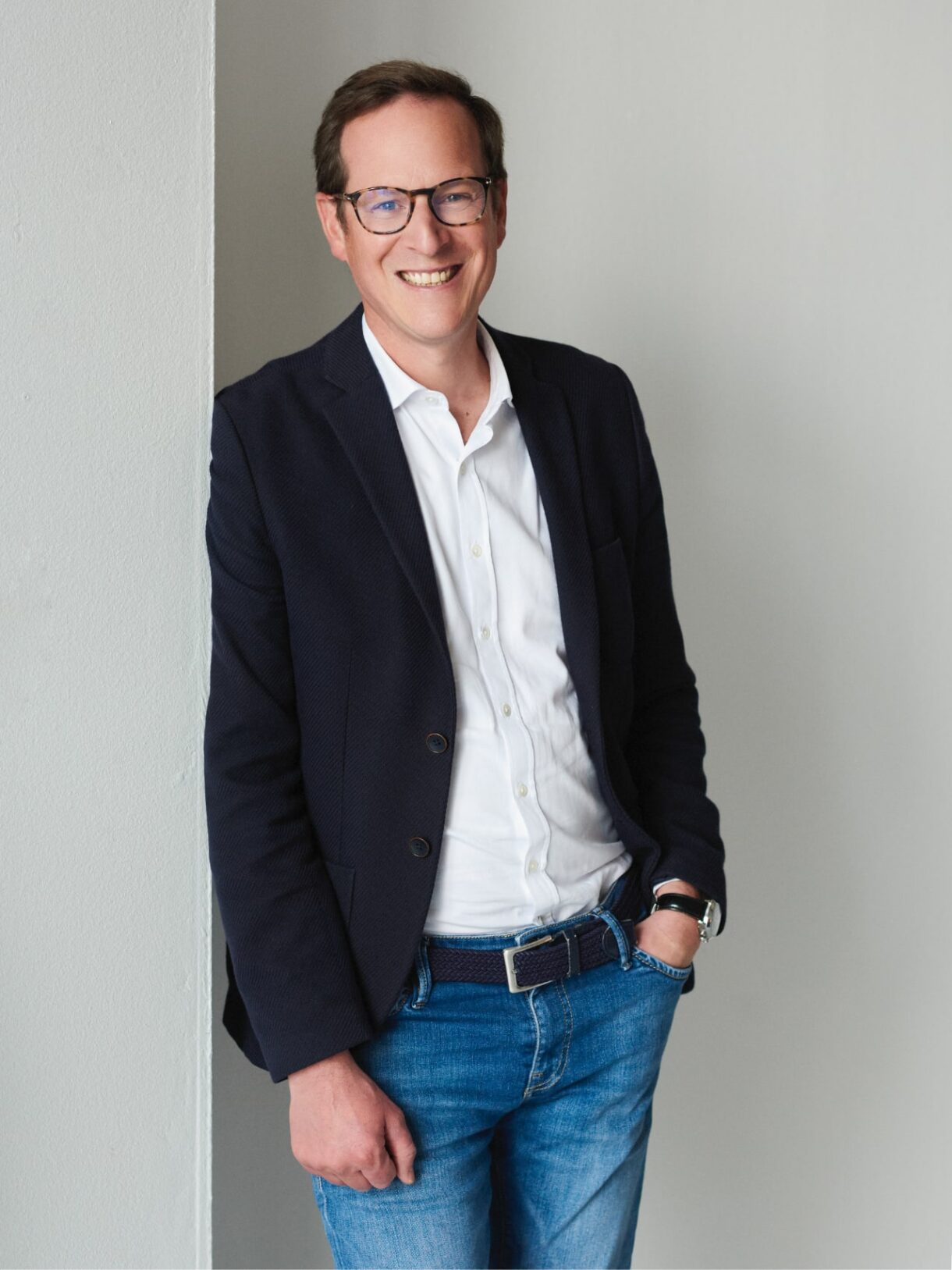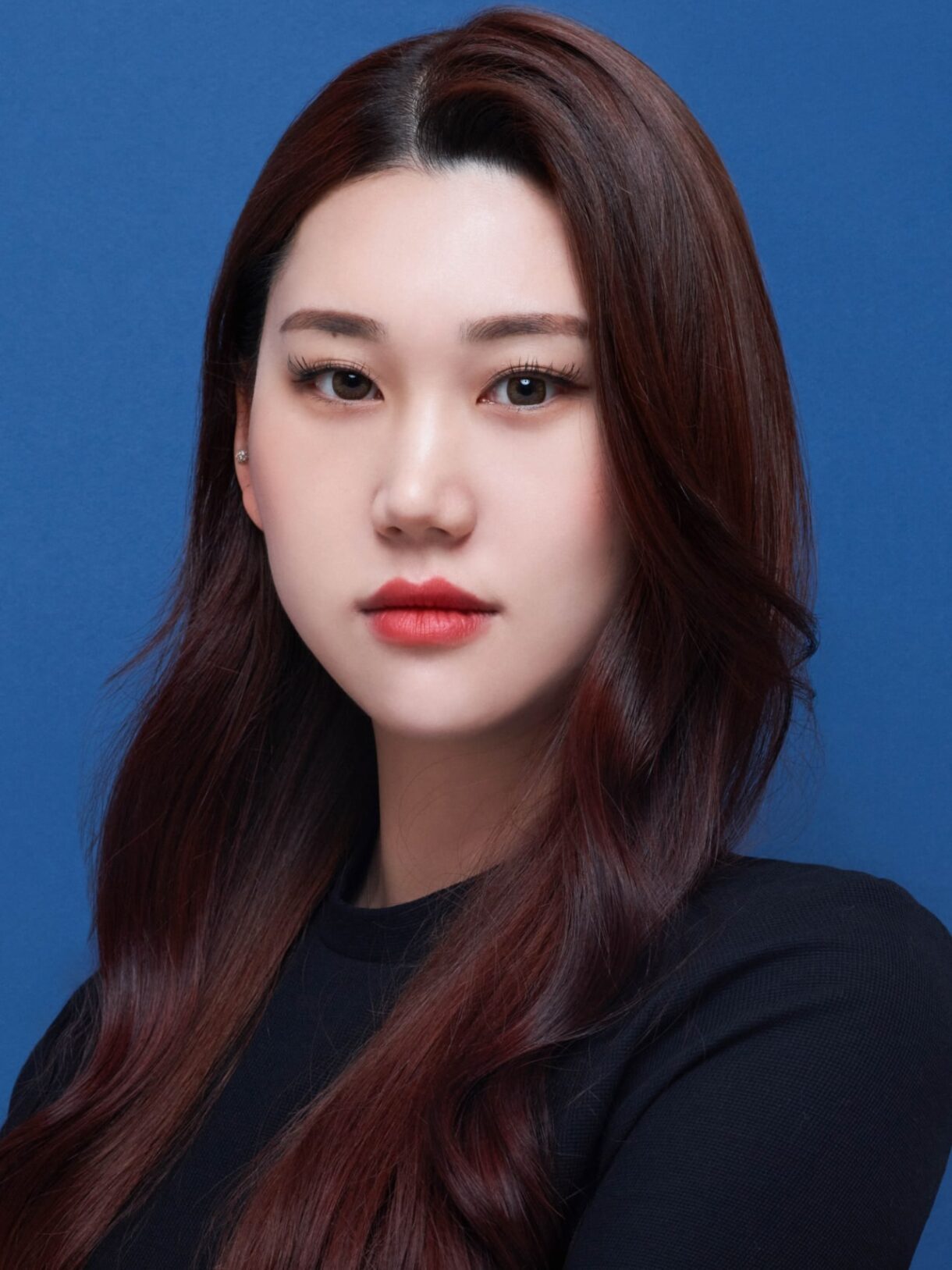
It’s time to talk about sustainability
Sofia Heuer, Director of Global Consumer Insights at The Absolut Company, explains why the company is doing more than ‘walking the walk’ on sustainability. It is engaging with consumers and bringing them on board the responsibility journey.
Absolut has long ‘walked the walk’ on sustainability but now it is talking about it more. It’s a strategy that makes perfect sense. After all, today consumers expect brands to be embracing sustainability – it is no longer a unique differentiator. And consumers increasingly want to be part of a brand’s journey, which has opened up an opportunity for Absolut to engage with consumers to inform its strategic thinking related to sustainability.
If we engage and talk to consumers, we can learn from them
Sofia says: “We have the ambition and plans in place to achieve our sustainability goals but we also have a terrific opportunity to bring consumers on the journey with us. Consumers understand that brands aren’t going to get everything right on the first attempt. But if we engage and talk to consumers, we can learn from them.”
As her title of Director Global Consumer Insights suggests, Sofia’s role is to engage with consumers to find out what they are thinking around for example environmental and social sustainability – although she emphasises that Absolut, as a brand, has been working for “a very long time” on how it produces and packages its product more sustainably.
Indeed, Absolut has arguably been ‘walking the walk’ on sustainability from its very beginnings. Its founder L. O. Smith promoted local production, cared deeply for the health and wellbeing of his staff and was influential in changing prohibitive rules so more people could vote. His values and thoughts are ingrained in the company, shaping its work and its sustainability strategy.
In more recent years, Absolut has committed to achieving its goal for a fully carbon-neutral product by 2030, while it continues to work closely with Ardagh, its glass manufacturing partner of 40 years, to drive down the carbon footprint of its product. It achieved 50 per cent recycled material in its iconic clear glass bottle, four years ahead of schedule.
Gen Z has emerged as the sustainable generation. They are often willing to pay more for sustainable products, and many will not work for a company that does not have a good record of sustainability.
Sustainability is driving the agenda seemingly everywhere but that is not the reason why Absolut is talking to consumers about it. “We are doing it because it is important to both consumers and us,” says Sofia. “There is a lot of external research available but we want to talk to people too, to hear what is important to them in their lives.”
Both our brands Absolut and Malibu have a Consumer Council to get to the heart of what consumers think. The councils are made up of a panel of consumers. They have monthly discussions on a range of topics, while they exchange ideas in WhatsApp groups. To get an even fuller picture of consumer thinking, this proprietary research is complemented with for example concept testing, in-depth interviews and ethnographic and qualitative research.
“The Councils are very informal, prompting casual conversations on various topics and they give us a chance to get really close to consumers and find out what’s important to them, beyond our business and social moments,” adds Sofia. “We ask questions around what they expect from brands, why it is important, what type of initiatives change their perceptions of a brand, be it negative or positive.”
There is an age-old adage that says you “should listen to your elders” yet Gen Z is turning that phrase on its head. Gen Z has emerged as the sustainable generation. They are often willing to pay more for sustainable products, and many will not work for a company that does not have a good record of sustainability.
Sofia says: “If we look back in time, older people used to be the ones who would pass on their knowledge and wisdom to the younger generations. Now, the tables have turned, and it is the young who are spreading knowledge to their elders. When talking with our younger consumers, we hear that they often feel let down by governments, politicians and older generations when it comes to environmental sustainability efforts. Therefore, they are more and more, leaning towards organisations and companies to help them find solutions. They understand that it’s a journey.”
There is more to be gained by opening up to consumers on social sustainability
Having been with Absolut for the past eight years, Sofia has witnessed first-hand how the emphasis on social sustainability has intensified. A decade or so ago, environmental impact took centre stage but today social issues are equally important.
“Social sustainability has always been a part of Absolut’s DNA. We have always advocated diversity and inclusion – and over the past few years, social sustainability has exploded and the importance for companies to act, rather than just talk, in social sustainability matters has almost become a hygiene factor,” says Sofia.
Social sustainability has always been a part of Absolut’s DNA. We have always advocated diversity and inclusion – and over the past few years, social sustainability has exploded and the importance for companies to act, rather than just talk, in social sustainability matters has almost become a hygiene factor.
“For consumers, especially the young, to consider you as a company to work for or as a brand to consume, you have to be able to show a track record of both your social engagement as well as that you care about and treat your workers well. Social sustainability has always been a fundamental part of our brand’s DNA, and we thus have an opportunity to speak about it more than many other brands.”
Sofia points to Absolut’s latest campaign, “Born to Mix” which is designed to inspire people who are open-minded, optimistic, and driven by curiosity of all ages 21+ and backgrounds to come together to mix ideas and, of course, drinks, respectfully and responsibly. Showing that the world is more progressive and open when mixing with people who are different from you.
Having an agenda on sustainability is critical for global companies but they need to be able to prove that they are ‘walking the walk, particularly to the younger generations who are very conscious of both environmental and social sustainability. The challenge is communicating an often, complex story in a simple message that only takes a few seconds to read or hear.
“What makes my job interesting is that I get to meet a myriad of consumers all around the world and thus get to look at things from a global perspective. When we are creating campaigns in different countries, we need to be sensitive to cultural differences,” says Sofia.
But while Sofia acknowledges that it can be difficult for large brands to get their message to be heard clearly and concisely through the noise, she believes this is an opportunity for Absolut, to find strong, short messages that make people curious about what it stands for.
Sofia adds: “We want to change society in how people think about each other and our latest campaign strives to do just that. Absolut has always been a brand that believes in mixing people, ideas and drinks as a proponent for a world that is more open, free and fun.”


